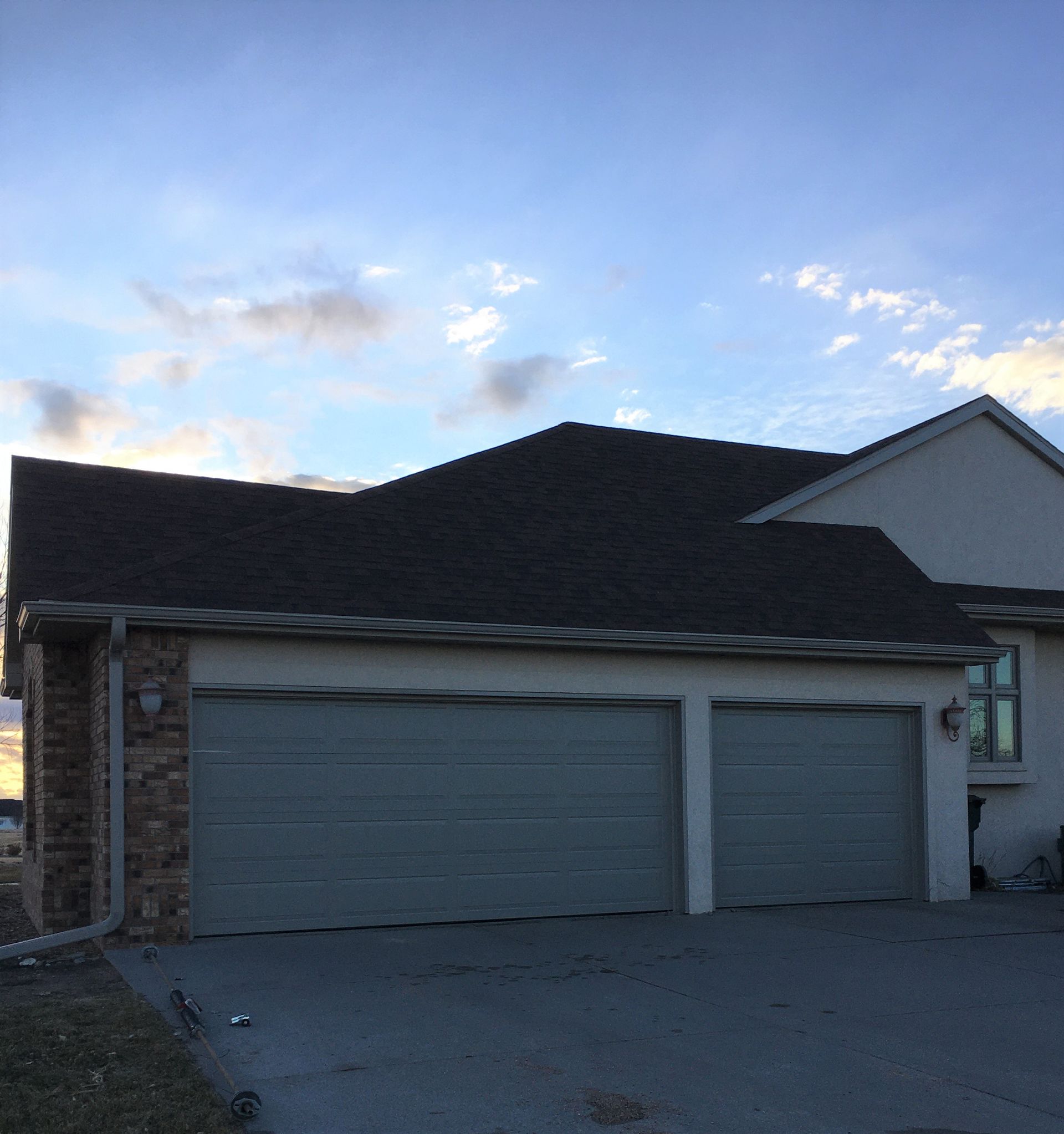Often overlooked, roof insulation plays a key role in enhancing your home’s energy efficiency. Learn how it improves roof performance, reduces energy bills, and boosts indoor comfort.
The Connection Between Insulation and Roof Effectiveness
Proper insulation is key to roof performance. It prevents heat loss in the cold months and keeps your home cooler in the heat, providing a more comfortable living environment year-round.
How Insulation Affects Heating and Cooling Costs
Inadequate insulation forces heating and cooling systems to overwork, driving up your energy bills. Upgrading your roof insulation helps retain temperature, reduce energy costs, and lower your carbon footprint.
Tips for Upgrading Roof Insulation
- Check the R-Value: Opt for a higher R-value to boost insulation performance. Select the appropriate R-value depending on your climate zone.
- Use Reflective Insulation: Reflective insulation can help reduce heat absorption in warmer climates, improving energy efficiency.
- Address Air Leaks: Check for and seal air leaks around chimneys, skylights, and vents to improve insulation effectiveness and prevent air loss.
- Don’t Forget the Attic: Since heat rises, ensure your attic is properly insulated to prevent heat from escaping through the roof.

Why Weathercraft Recommends Certain Insulation Solutions
Weathercraft recommends top-quality, sustainable insulation solutions for long-term performance. Our experts tailor recommendations to your home’s needs to maximize energy efficiency without exceeding your budget.